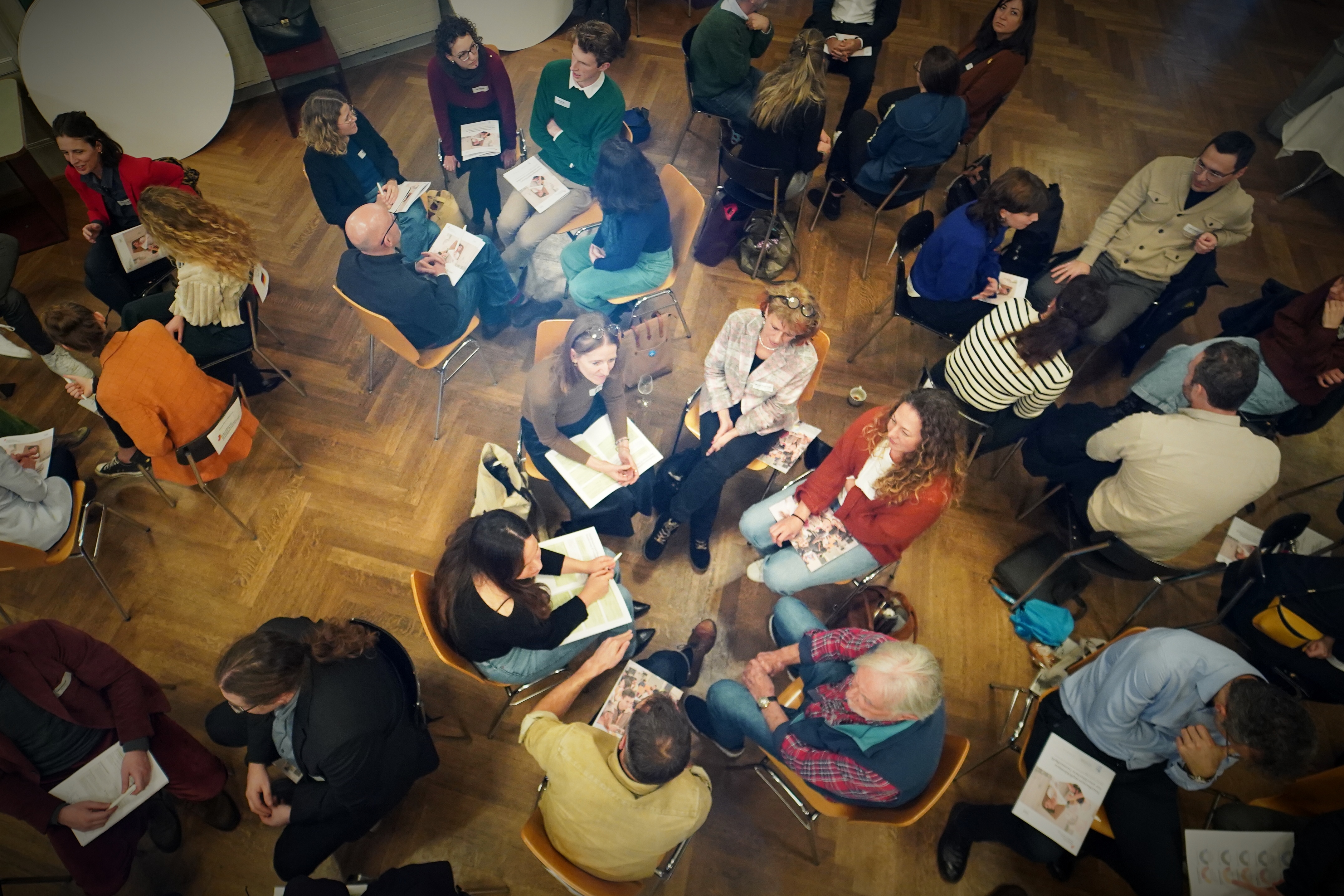A majority of the Swiss population supports democratic institutions – especially direct democracy and the federal system. 79% rate the political system overall as positive. However, when it comes to major future challenges, skepticism prevails: 46% of respondents doubt that politics is capable of addressing these challenges well. Confidence is particularly low in the areas of climate, social security, and economic development. Politics is seen as slow, lacking foresight, and strongly interest-driven. The study shows: support for democracy is high – but many wish for a more effective and future-oriented political practice.
The findings make one thing clear: democracy cannot be taken for granted. In times of multiple crises, collective capacity to act becomes a crucial resource. Strong support for direct democracy provides a foundation – but new formats and spaces are needed to strengthen political effectiveness, representation, and trust. Deliberative processes, greater inclusion of young people, and meaningful dialogue opportunities may be central pillars in safeguarding public support for the democratic system. Moreover, it’s not just about structures – it’s also about political culture: How do we talk to one another? Who feels heard? And how does a sense of community emerge?
The Democracy Monitor 2023 was developed by Pro Futuris in collaboration with the research institute gfs.bern. The core of the study was a representative online survey of 1,214 eligible voters across all linguistic regions of Switzerland. This was supplemented with qualitative interviews and an in-depth socio-demographic segmentation. The study was published on the occasion of the 175th anniversary of the Swiss Federal Constitution and aims to spark a broad public debate about the future of democracy. All results and further analysis are available at demokratie2050.ch.







.png)
.png)


